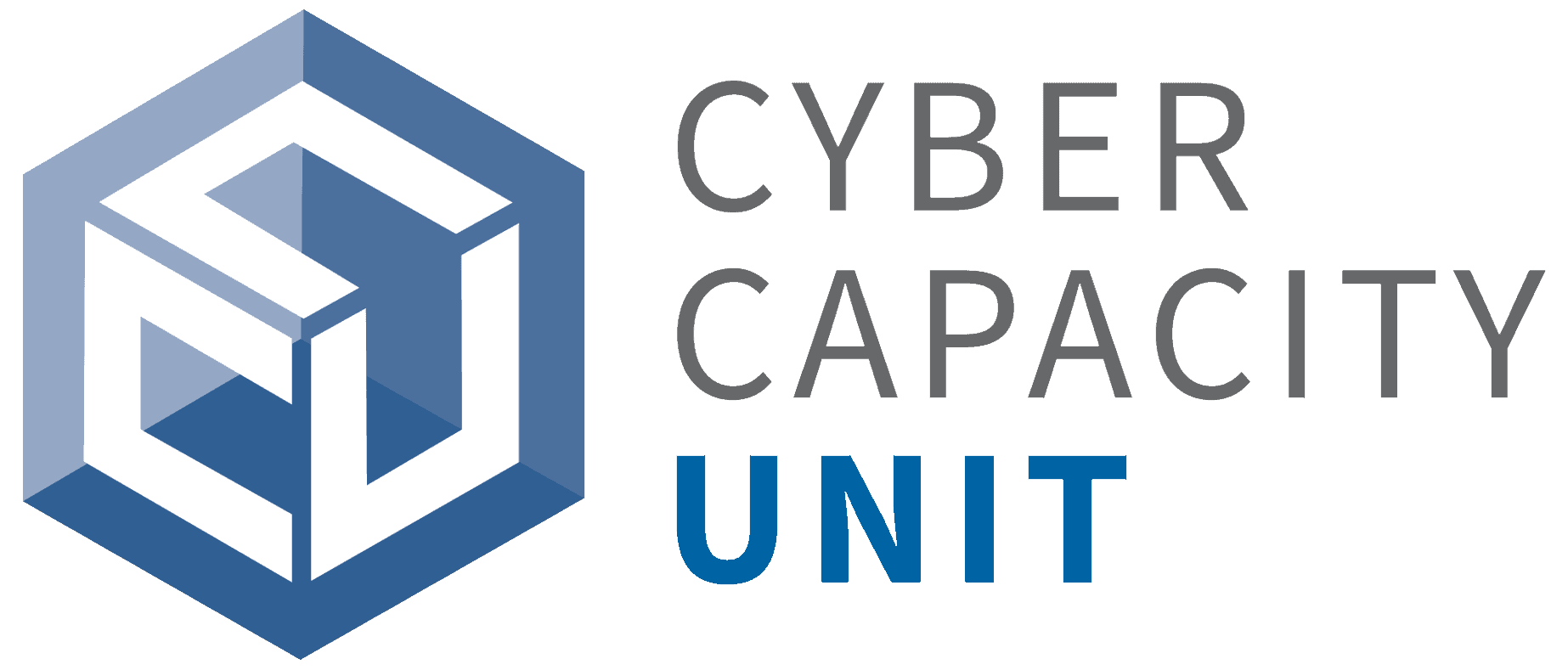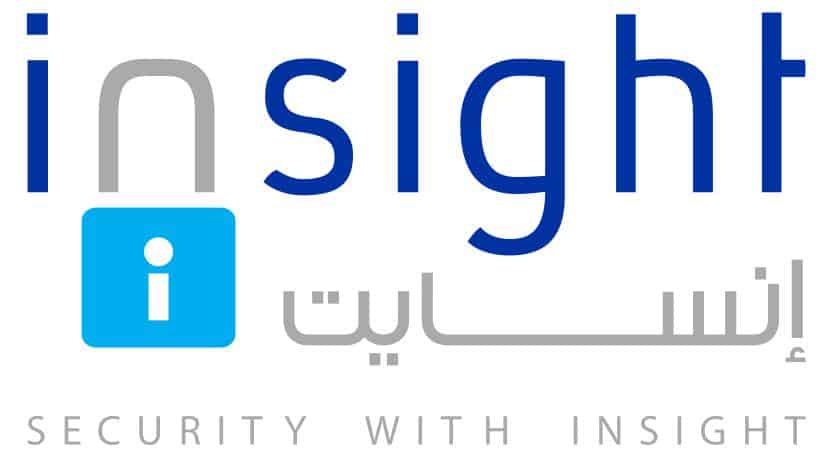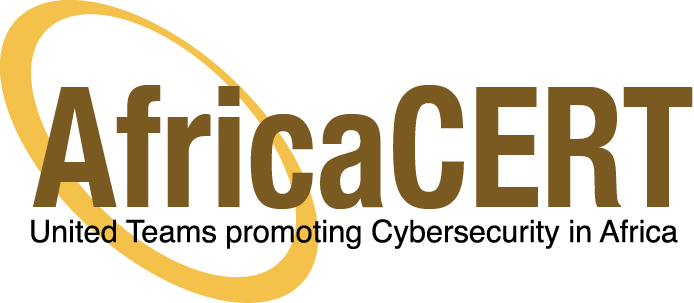West and Central African Research and Education Network (WACREN)
GFCE Member Since: 19 May 2021
Protection Group International (PGI)

Partner Description: PGI specialises in managing digital risks. We support clients building digital resilience by helping them transform their own capability or leveraging ours to meet their goals. The services we offer cover the breadth of the digital threats that nations and organisations should consider when developing risk mitigation strategies, from disinformation to ransomware including: […]
Cyber Capacity Unit

Partner Description: The Cyber Capacity Unit works with government departments and agencies globally, developing cyber security policies, programmes, and defining and implementing national strategies. The cyber landscape is constantly changing; new vulnerabilities are discovered, new tools and techniques are adopted, new threats emerge, it’s a complex world. Our global team of experts have an in-depth […]
CREST

Partner Description: CREST is an international not-for-profit accreditation and certification body that represents and supports the technical information security market. CREST provides internationally recognised accreditations for organisations and professional level certifications for individuals providing vulnerability assessment, penetration testing, cyber incident response, threat intelligence services and Security Operations Centre (SOC) services. All CREST member companies undergo […]
S.M.E. Spanish National Cybersecurity Institute M.P., S.A. (INCIBE)

Partner Description: The S.M.E. Spanish National Cybersecurity Institute M.P., S.A. (INCIBE) is an organisation dependent on the Ministry of Economic Affairs and Digital Transformation, the Secretary of State for Digitalisation and Artificial Intelligence, and is the benchmark institution with regard to the development of cybersecurity, and of digital trust for the general public, for RedIRIS […]
Insight

Partner Description: Insight Information Security is an Omani owned and managed company, specialized in providing IT security services with special focus on customer security, productivity, stability, and efficiency. Insight focuses on delivering services locally, in line with leading security guides on best practices, by highly competent resources and sound methodologies. Insight helps its customers by […]
AfricaCERT

Partner Description: AfricaCERT is the Forum of Computer Security Incident Response Teams and alike organisations covering the Africa continent. AfricaCERT fosters cooperation and coordination among Incident Response Teams, promotes information sharing. AfricaCERT provides the following services: * Capacity building to ensure incident response capability thought awareness creation, education and technical trainings. * Enabling a community […]
Carnegie Endowment for International Peace (CEIP)
DCAF – Geneva Centre for Security Sector Governance

Partner Description: The Geneva Centre for Security Sector Governance (DCAF) promotes good governance in the security sector through ensuring that security provision, management and oversight is effective and accountable within a framework of rule of law and respect for human rights. DCAF’s Cybersecurity Governance Programme works on identifying, understanding and responding to contemporary cybersecurity governance […]
